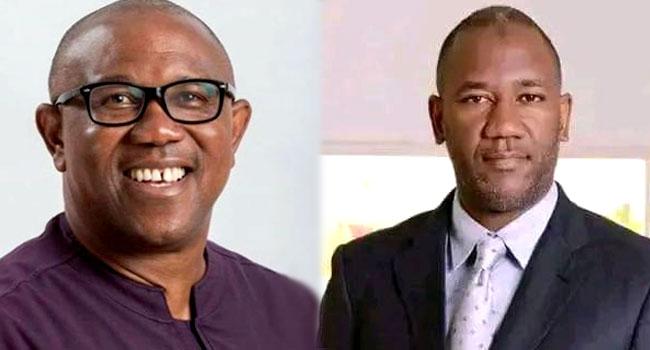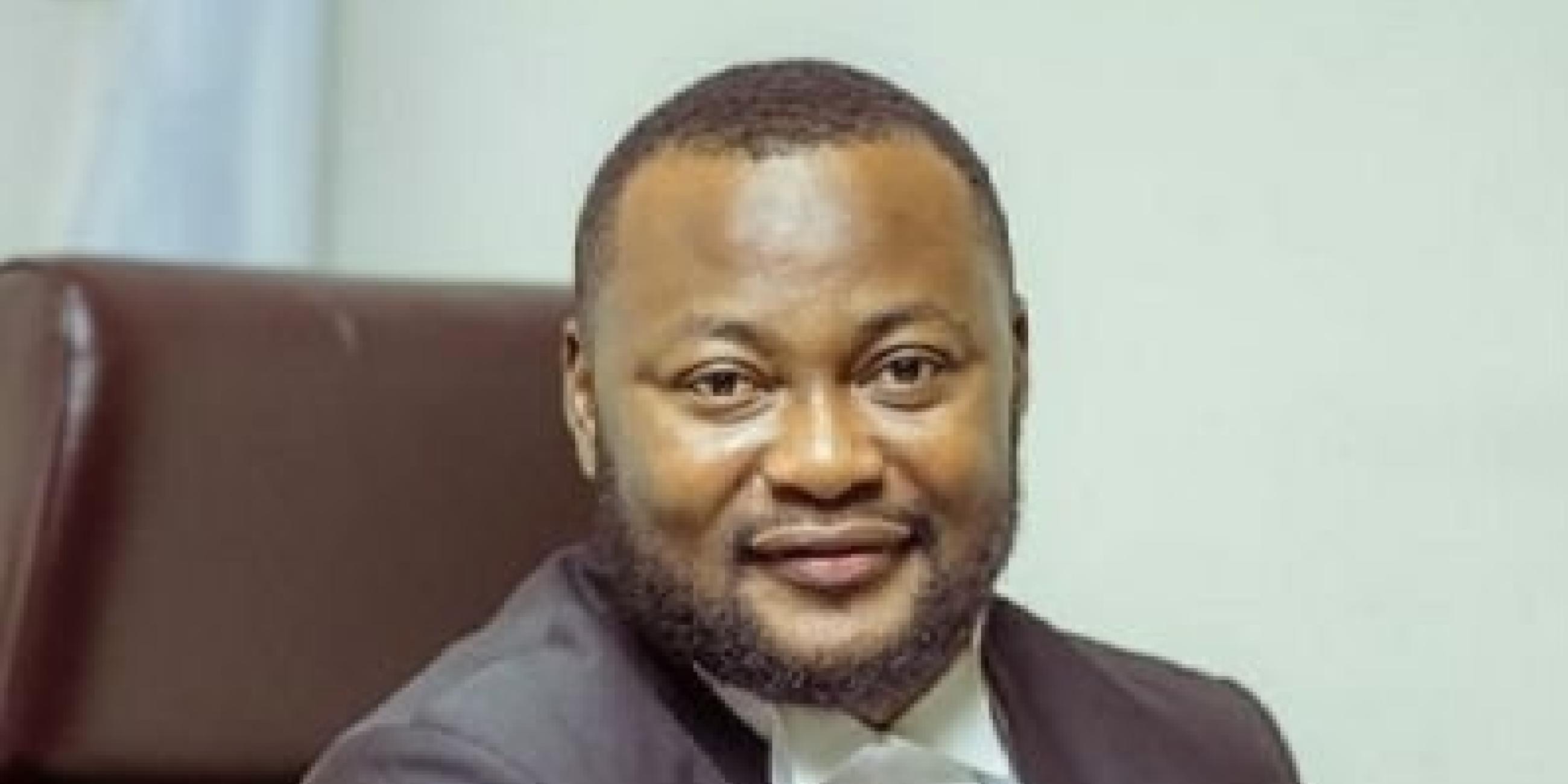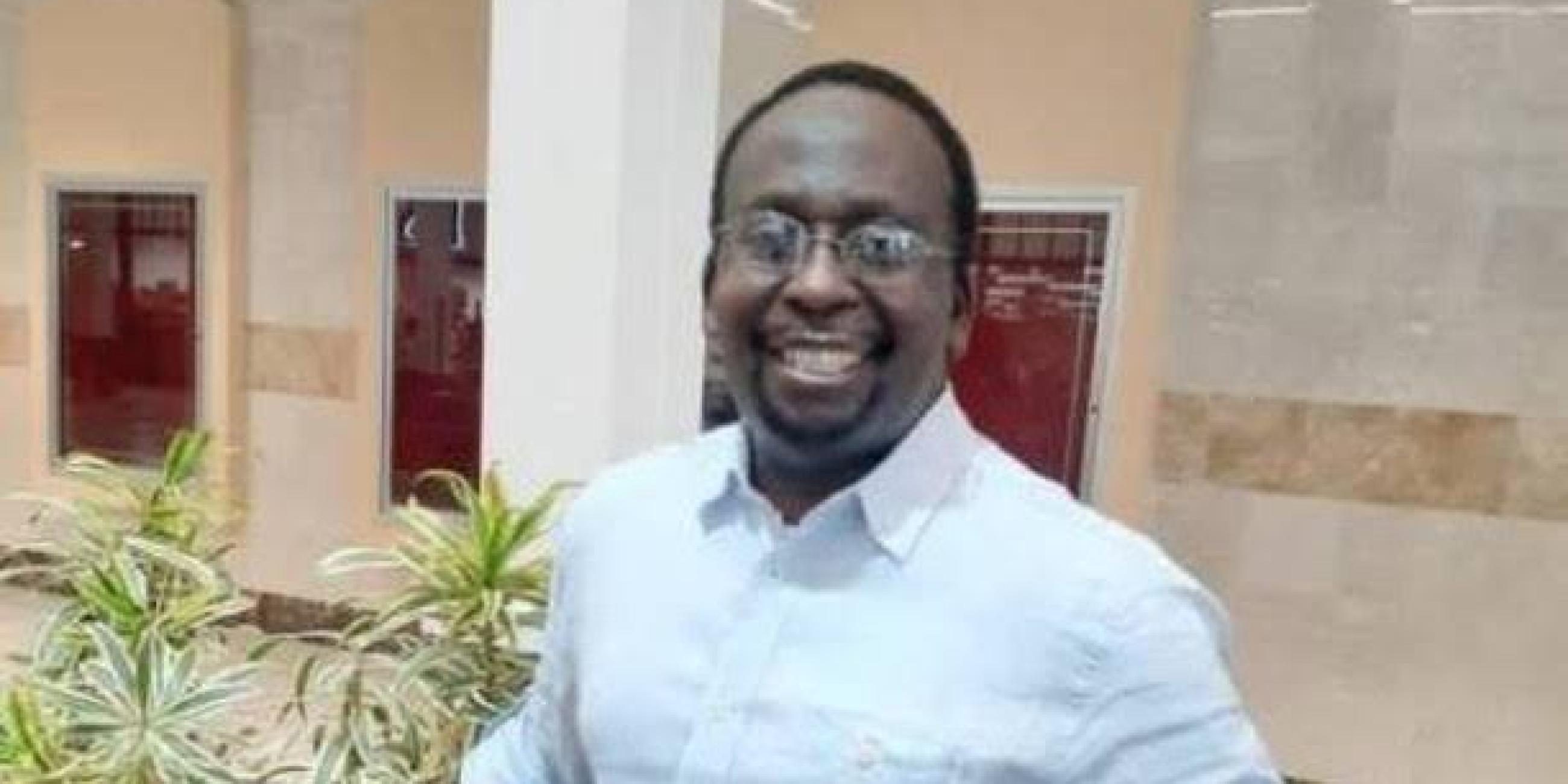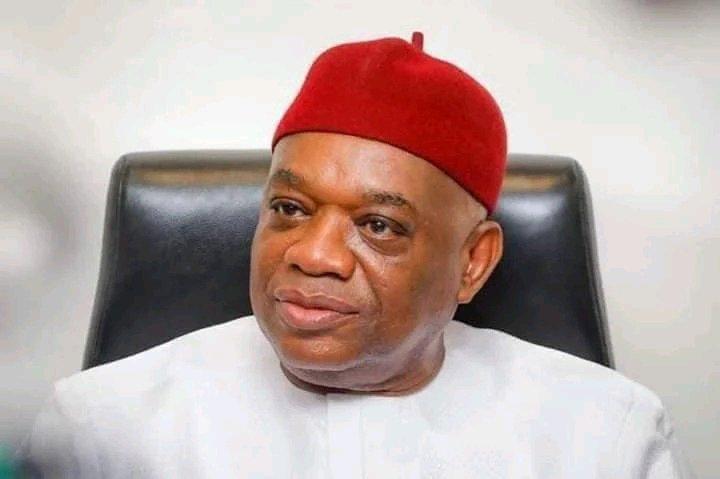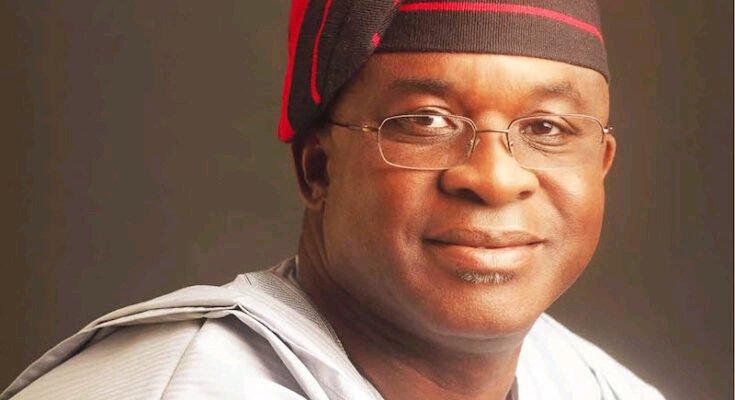Obasanjo Recounts Emotional Moment He Learned of Abacha’s Death
Former Nigerian President, Olusegun Obasanjo, has relived the dramatic moment he was informed of the death of General Sani Abacha, the late military ruler whose regime imprisoned him.
Speaking in a video shared by Symfoni TV, Obasanjo reflected on one of Nigeria’s most turbulent political eras, offering rare personal insight into how the end of Abacha’s rule became both a personal and national turning point.
Obasanjo was jailed in 1995 after being accused of plotting a coup against Abacha’s government—charges he consistently denied. Despite the uncertainty of his imprisonment, he said he held on to the hope of eventual freedom, though he never knew when it would come.
According to him, the shocking news of Abacha’s death on June 8, 1998, first came from a prison warder.
“The day Abacha died, a warder came to me and said, ‘Sir, congratulations.’
I asked him, ‘Warder, what is the problem?’
He replied, ‘Our enemy has died.’
I asked again, ‘Who is your enemy?’ And he said, ‘Abacha.’”
Initially, Obasanjo thought it might be a trap or misinformation. But as more warders repeated the same news, he realized something significant had happened.
Within a week, Obasanjo was released from Yola Prison, marking the start of his remarkable political comeback.
Abacha’s sudden death ended a regime often associated with human rights abuses, political repression, and corruption. His successor, General Abdulsalami Abubakar, quickly initiated a transition program that restored democracy in 1999.
For Obasanjo, the moment was more than personal liberation—it was a national rebirth. Less than a year later, he won the presidential election under the Peoples Democratic Party (PDP) and became Nigeria’s first civilian president of the Fourth Republic.
Reflecting on his imprisonment, Obasanjo has often said the experience deepened his commitment to democracy and shaped many of his decisions while in office.
Since leaving office in 2007, he has remained an influential voice in Nigerian politics, frequently speaking on governance, security, and development. His recollections of the Abacha years, analysts say, highlight how moments of personal suffering can intersect with broader national transformation.
Obasanjo’s story remains a testament to resilience, timing, and the unpredictable turns of history that have defined Nigeria’s journey from military rule to democracy.
Obasanjo Recounts Emotional Moment He Learned of Abacha’s Death
Former Nigerian President, Olusegun Obasanjo, has relived the dramatic moment he was informed of the death of General Sani Abacha, the late military ruler whose regime imprisoned him.
Speaking in a video shared by Symfoni TV, Obasanjo reflected on one of Nigeria’s most turbulent political eras, offering rare personal insight into how the end of Abacha’s rule became both a personal and national turning point.
Obasanjo was jailed in 1995 after being accused of plotting a coup against Abacha’s government—charges he consistently denied. Despite the uncertainty of his imprisonment, he said he held on to the hope of eventual freedom, though he never knew when it would come.
According to him, the shocking news of Abacha’s death on June 8, 1998, first came from a prison warder.
“The day Abacha died, a warder came to me and said, ‘Sir, congratulations.’
I asked him, ‘Warder, what is the problem?’
He replied, ‘Our enemy has died.’
I asked again, ‘Who is your enemy?’ And he said, ‘Abacha.’”
Initially, Obasanjo thought it might be a trap or misinformation. But as more warders repeated the same news, he realized something significant had happened.
Within a week, Obasanjo was released from Yola Prison, marking the start of his remarkable political comeback.
Abacha’s sudden death ended a regime often associated with human rights abuses, political repression, and corruption. His successor, General Abdulsalami Abubakar, quickly initiated a transition program that restored democracy in 1999.
For Obasanjo, the moment was more than personal liberation—it was a national rebirth. Less than a year later, he won the presidential election under the Peoples Democratic Party (PDP) and became Nigeria’s first civilian president of the Fourth Republic.
Reflecting on his imprisonment, Obasanjo has often said the experience deepened his commitment to democracy and shaped many of his decisions while in office.
Since leaving office in 2007, he has remained an influential voice in Nigerian politics, frequently speaking on governance, security, and development. His recollections of the Abacha years, analysts say, highlight how moments of personal suffering can intersect with broader national transformation.
Obasanjo’s story remains a testament to resilience, timing, and the unpredictable turns of history that have defined Nigeria’s journey from military rule to democracy.





